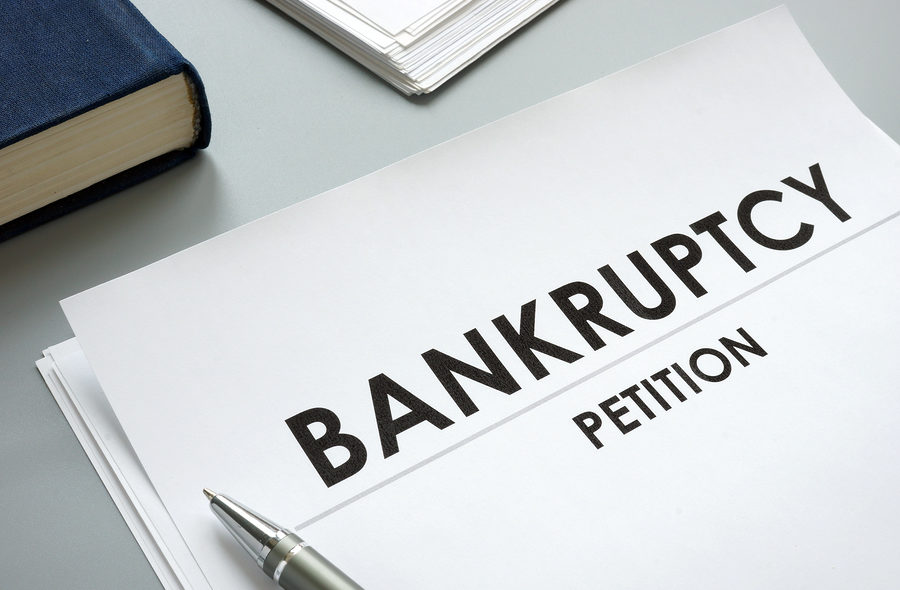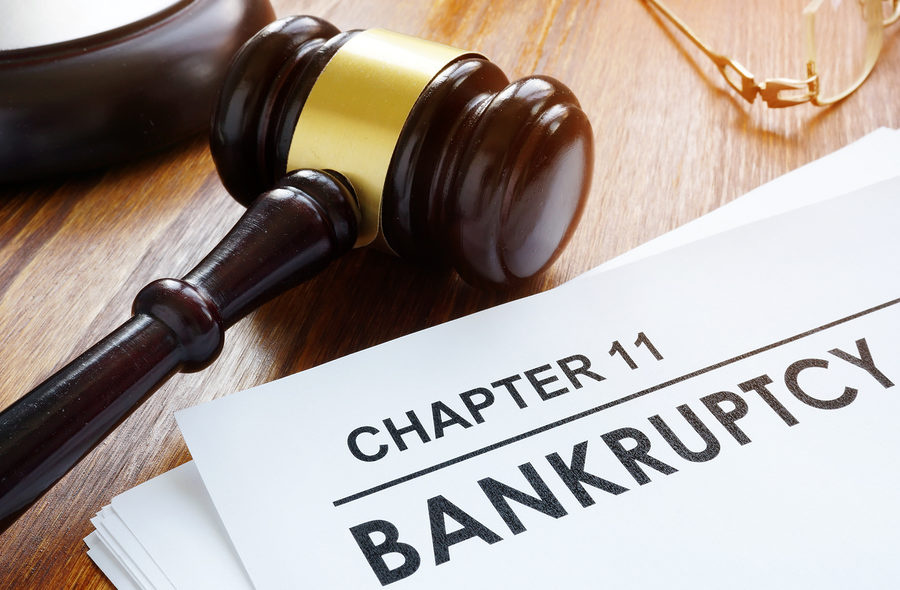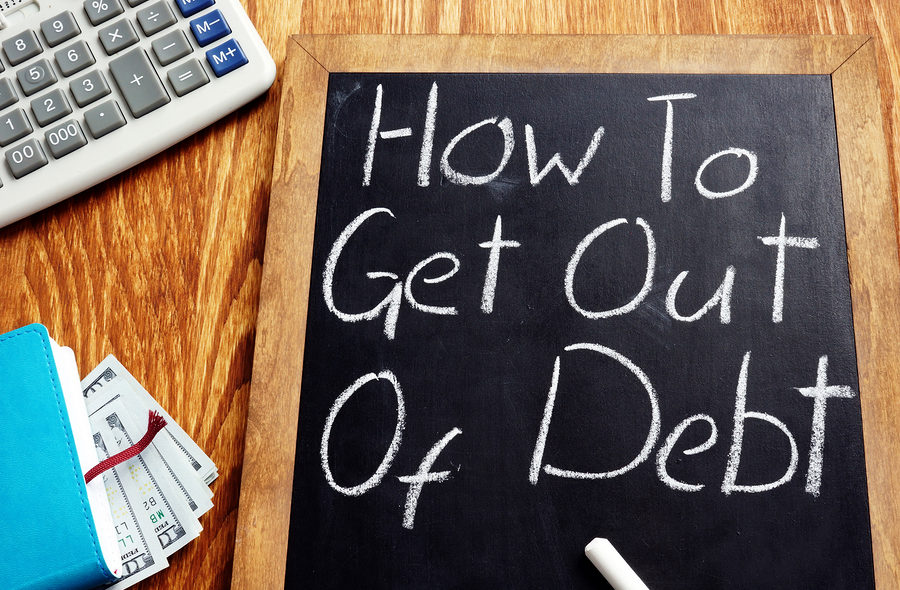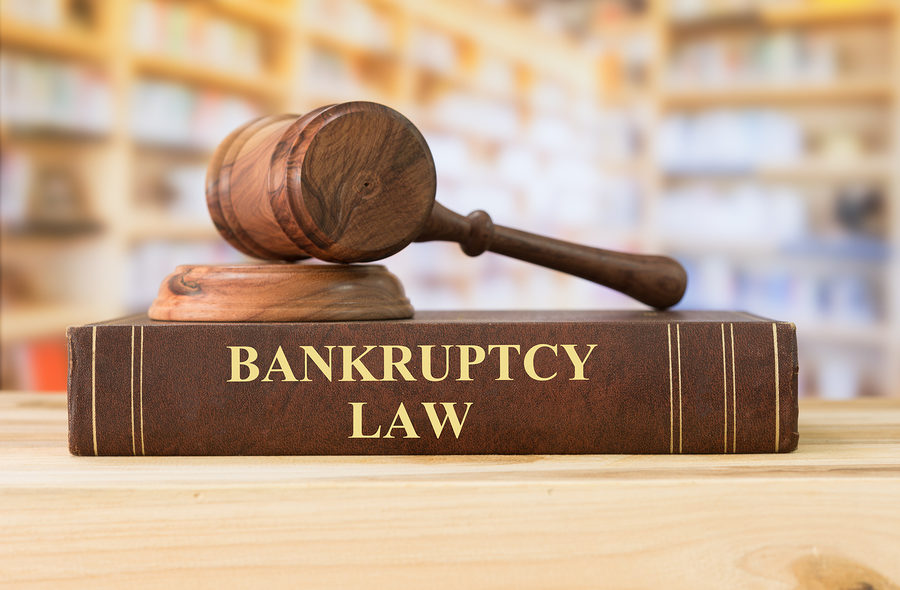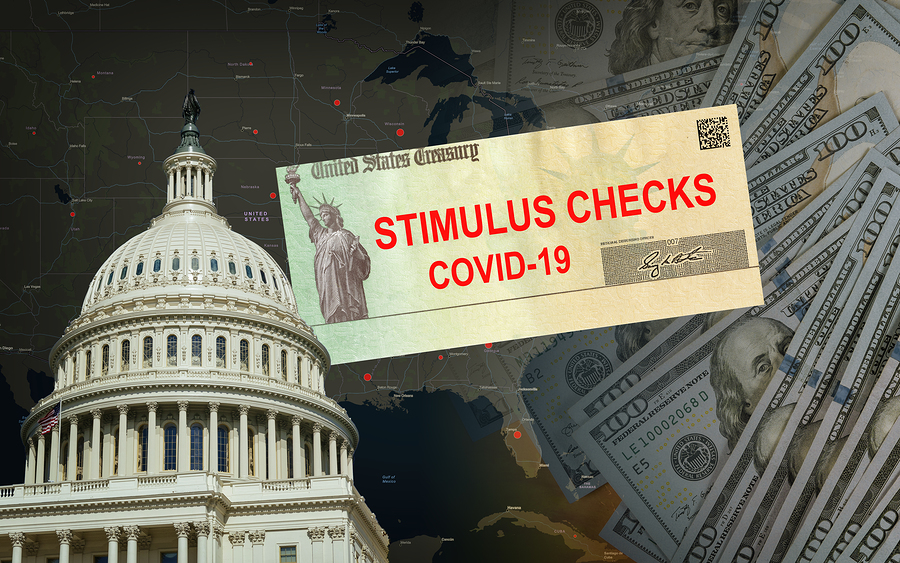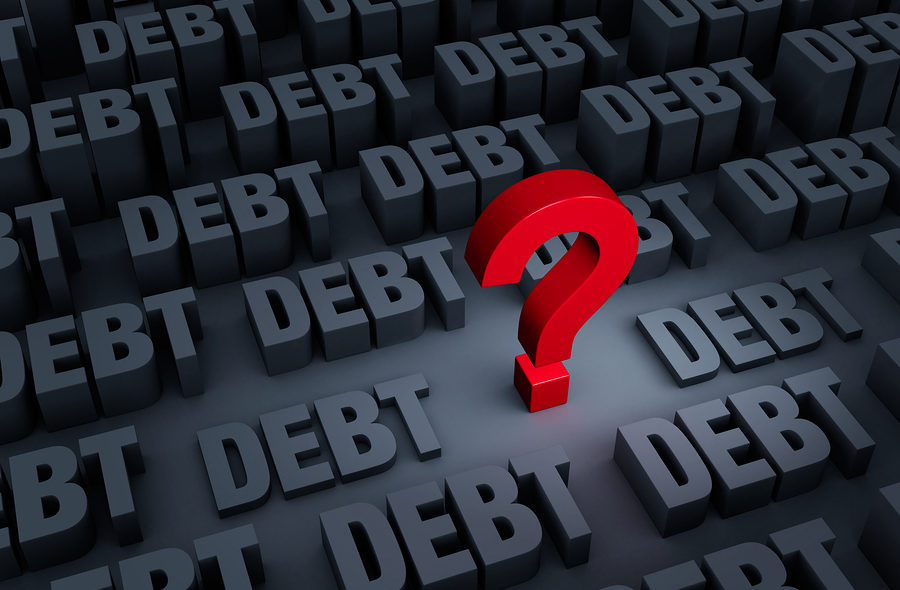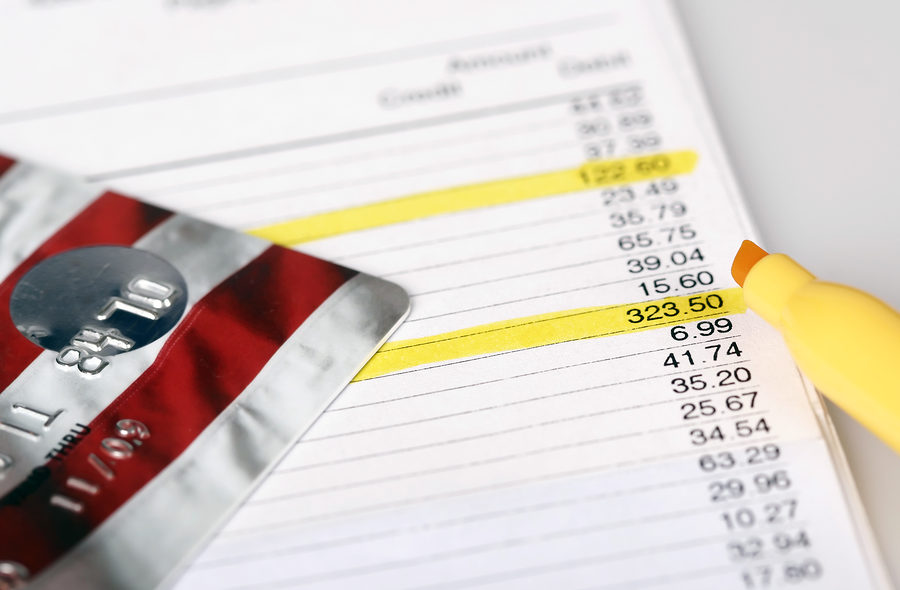For the most part, business bankruptcy, also known as Chapter 11 Bankruptcy, has not been a viable option for most struggling small businesses. The process can be long and complicated, and the costs associated with filing under Chapter 11 of the U.S. Bankruptcy Code have kept most small businesses out of this option, leaving them to either pursue a personal bankruptcy under Chapter 7 or Chapter 13 or to close their doors completely. However, the Small Business Reorganization Act (SBRA), which officially took effect two months ago, has taken away some of these barriers, opening the possibilities for Chapter 11 filings for small businesses.
Originally, the SBRA applied only to businesses or sole proprietors with less than $2.7 million in debt. However, when the coronavirus (COVID-19) crisis hit in March, Congress temporarily increased this debt cap to $7.5 million in debt, opening the doors to many more businesses to take advantage of the SBRA.

